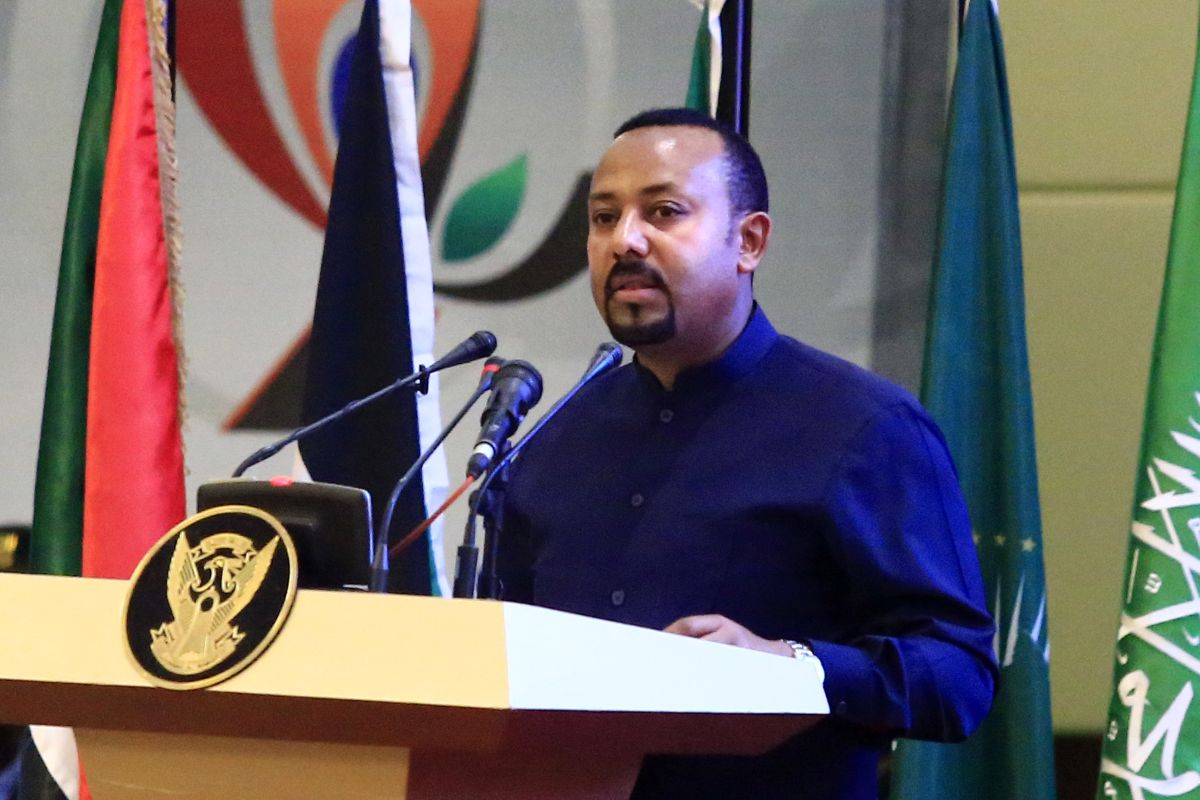UN human rights chief couldn’t speak to detained Uyghurs
In a statement on Wednesday, Bachelet said she was able to meet members of civil society organisations without government supervision
Notably, a statement by Mr Abiy made no mention of any such offer, though it said the Sudanese delegation had backed his actions in Tigray.

Ethiopian Prime Minister Abiy Ahmed (Photo: IANS)
The comity of nations is unlikely to be impressed by, far less notice, a degree of forward movement in the fact that the Ethiopian Prime Minister, Abiy Ahmed, has visited Mekelle, the capital of embattled Tigray, for the first time since he ordered a military offensive against the restive region. A change in the ground situation is still a long way away. Ostensibly, he attended the first meeting of a new regional council.
This appears to be a continuation of his earlier meeting with Sudan’s Prime Minister, the country to which 50,000 Tigrayan refugees are reported to have fled ever since the place has been in ferment.
Advertisement
There is speculation in Khartoum that Sudan’s Prime Minister, Abdalla Hamdok, was prepared to mediate in the conflict. Notably, a statement by Mr Abiy made no mention of any such offer, though it said the Sudanese delegation had backed his actions in Tigray.
Advertisement
Perhaps to underline the importance of his visit to Tigray, Mr Abiy has tweeted photographs of his visit to Mekelle. Aside from such photo opportunities, there are no reports of any significant progress towards resolving the conflict.
On the contrary, the Ethiopian government has rejected calls for an independent investigation into the deadly conflict, which, in the reckoning of the UN human rights chief, has “spiralled out of control with an appalling impact on civilians and urgently needs outside monitoring”.
Though the Ethiopian government contends that it “doesn’t need a baby-sitter”, there are resonant appeals for “more transparency” into the month-long fighting between Ethiopian forces and those of the fugitive Tigray regional government that is reported to have killed thousands, including children.
While the pandemic has been frightfully endemic across the world, the massacres in Ethiopia showcase a case-study of man’s inhumanity to man in a swathe of Africa. It has become complicated to verify the claims of the warring sides given the lack of transparency as most communication and transport links remain severed. Indeed, the cover- up and absence of transparency has impeded efforts to assess the extent of atrocities ever since Mr Abiy had on 4 November announced that figting had begun.
Each government now regards the other as illegal. There is considerable resentment over the postponement of elections until next year because of the Covid-19 pandemic and Mr Abiy’s mandate is viewed by the conflicting group as having expired.
The situation in Ehtiopia is extremely “worrying and volatile”, to quote the UN human rights chief, who reached this conclusion in spite of government claims to the contrary. At. there has been no concerted effort to restore a scintilla of normalcy. Tigray makes do without food and medicines. Ethiopia stands in un splendid isolation.
Advertisement